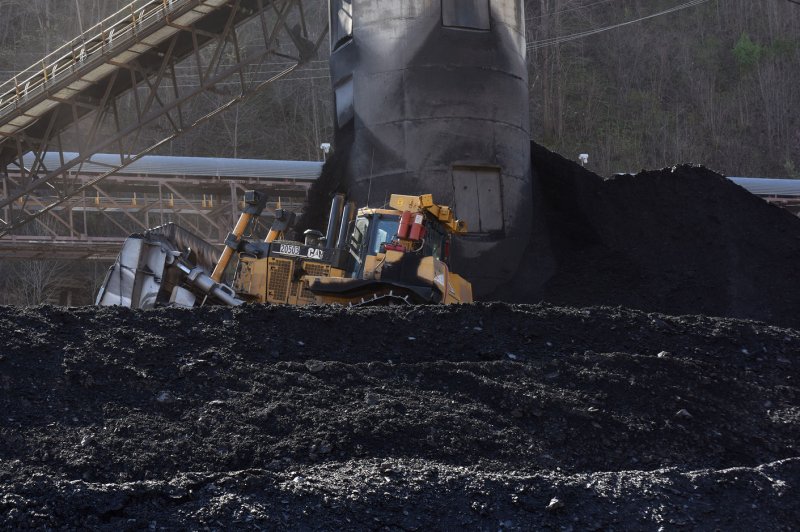Europe continues to lead the world in the transition to a low-carbon economy, beating some of its stated goals early. File photo by Debbie Hill/ UPI |
License Photo
Feb. 1 (UPI) -- The European Union is taking the lead in the transition to a low-carbon era by meeting many of its stated goals, commissioners said Wednesday.
In a report on its progress toward a low-carbon economy, the European Union said it was well on its way to meeting its climate and energy targets for 2020.
"Despite the current geopolitical uncertainties, Europe is forging ahead with the clean energy transition," Climate Action and Clean Energy Commissioner Miguel Arias Canete said in a statement. "There is no alternative."
Two years ago, greenhouse gas emissions in the European Union were 22 percent below a benchmark set to 1990 levels, beating the bloc's goal ahead of schedule. The share of renewable energy on the collective grid is 16 percent, based on 2014 data, with three years left to the end of the 2020 agenda.
The European Union already has plans to cut emissions of carbon dioxide, a potent greenhouse gas, by at least 40 percent by 2030. The region is moving in stark contrast to the administration of U.S. President Donald Trump, who vowed to pull the country out of the landmark Paris climate agreement. Ties between the historic allies have turned south since Trump took office.
In January, Werner Hoyer, the president of the European Investment Bank, told delegates in Brussels the lender was doing its part by hitting its lending targets for climate action every year since 2010. Without targeting the Trump administration specifically, Hoyer said the European community needed to "lead the free world against the climate skeptics."
Canete added that renewable energy is competitive and, in some scenarios, actually cheaper than fossil fuels. By embracing a low-carbon economy, Canete said the bloc has cut its import bills for fossil fuels by $17 billion since climate benchmarks were adopted.
For the broader EU economy, commissioners said that since 1990, the regional gross domestic product grew by 50 percent, while emissions declined 22 percent, showing the European economy was decoupling from fossil fuels.















